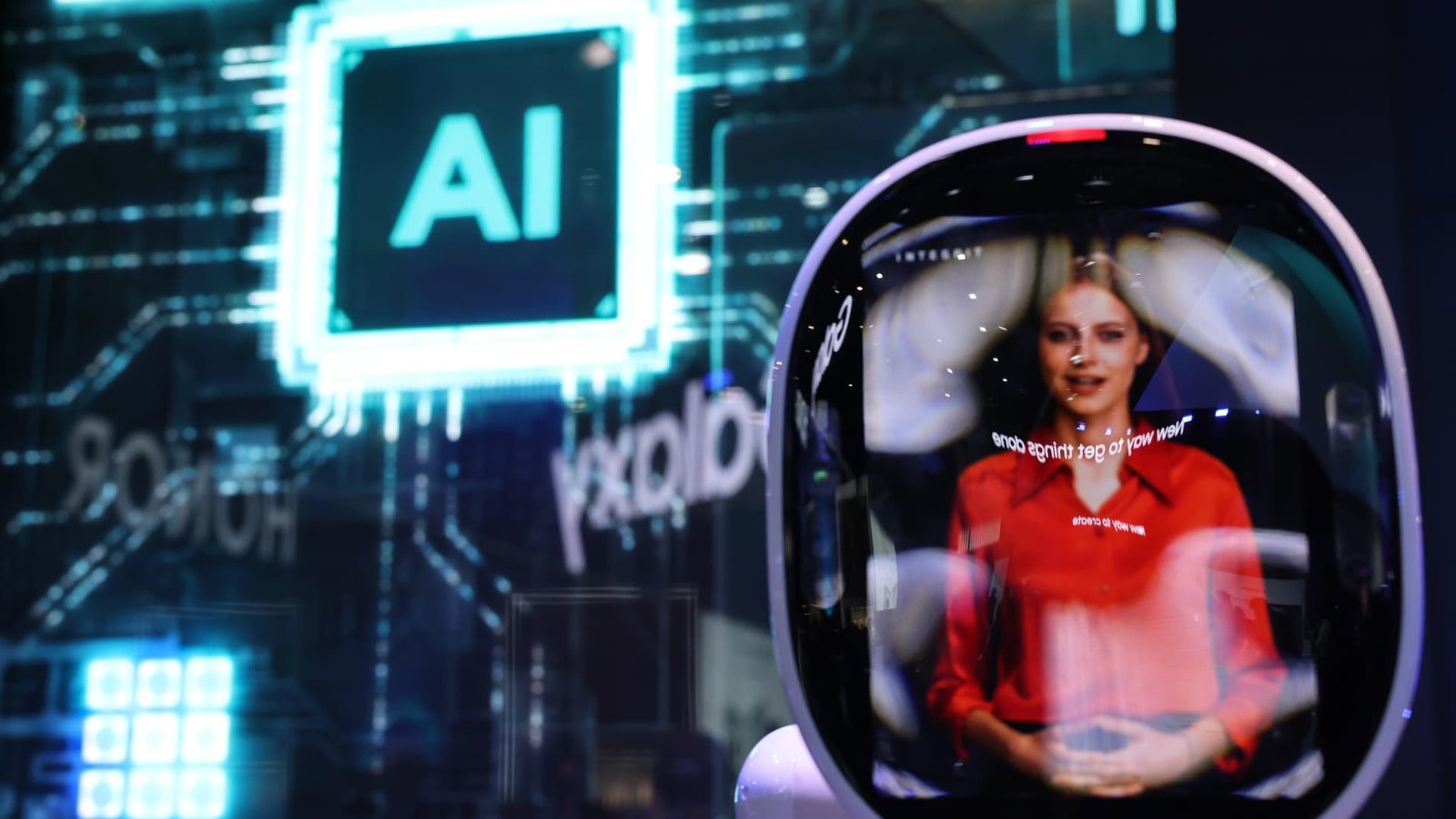AI is turning the advertising world upside down. And it’s making investors nervous.
Mark Read, the outgoing CEO of British advertising giant WPP, doesn’t mince words about what’s happening to his industry. “I think this AI disruption … unnerving investors in every industry, and it’s totally disrupting our business,” he told CNBC on Tuesday.
He’s not exaggerating. The threat is real and immediate.
Generative AI tools are pumping out content at breakneck speed. OpenAI’s DALL-E creates images in seconds. Google’s Veo generates videos. Midjourney turns text into art. What once took teams of creatives hours or days now happens in minutes.
This is Read’s first interview since announcing he’s stepping down as WPP boss. His message? Brace for impact. “AI is going to totally revolutionize our business,” he said at London Tech Week.
The revolution is already here. Read says 50,000 WPP employees now use the company’s AI-powered marketing platform, WPP Open. “That, I think, is my legacy in many ways,” he added.
But what does this mean for human workers? Read paints a stark picture.
“AI is going to make all the world’s expertise available to everybody at extremely low cost,” he explained. “The best lawyer, the best psychologist, the best radiologist, the best accountant, and indeed, the best advertising creatives and marketing people often will be an AI, you know, will be driven by AI.”
The numbers back up Read’s concerns. A report from Forrester shows more than 60% of U.S. ad agencies already use generative AI. Another 31% are testing it out.
Read isn’t alone in seeing massive change coming. Maurice Levy, CEO of French advertising powerhouse Publicis Groupe, agrees the industry faces a “huge transformation.”
Levy points to AI’s speed advantage. Image and video generation tools are “speeding up content production drastically.” Automated messaging systems now deliver “personalization at scale like never before.”
But Levy takes a more measured view than Read. He sees AI as a tool, not a replacement. “We should not believe that AI is more than a tool,” he told CNBC at the Viva Tech conference in Paris.
The job question looms large. Will AI eliminate human workers or create new opportunities?
Levy admits some jobs will disappear. “Will AI replace me, and will AI kill some jobs? I think that AI, yes, will destroy some jobs,” he said. But he believes the net effect will be positive. “More importantly, AI will transform jobs and will create more jobs. So the net balance will be probably positive.”
He compares it to past tech disruptions. The internet and smartphones changed how we work. They didn’t eliminate work entirely. “There will be more autonomous work,” Levy predicts.
Not everyone buys the optimistic outlook. Nicole Denman Greene, an analyst at Gartner, warns companies about consumer backlash. People are skeptical about AI replacing human creativity.
A Gartner survey from September reveals the tension. 82% of consumers said companies using AI should protect human jobs, even if profits suffer.
Greene’s advice? Think beyond what AI can do. Focus on what it should do. “Pivot from what AI can do to what it should do in advertising,” she told CNBC.
Her vision is more nuanced. AI should “help create groundbreaking insights, unique execution to reach diverse and niche audiences, push boundaries on what ‘marketing’ is and deliver more brand differentiated, helpful and relevant personalized experiences.”
The structural pressure Read mentions is driving industry consolidation. Companies must “embrace” AI’s impact on everything from campaign briefs to media optimization. Those that don’t risk being left behind.
The advertising industry stands at a crossroads. AI offers unprecedented efficiency and capabilities. But it also threatens traditional creative roles and raises questions about authenticity.
Read’s legacy at WPP may be steering the company through this transition. His warning to investors reflects broader uncertainty across industries grappling with AI disruption.
The transformation is happening whether companies are ready or not. The question isn’t whether AI will change advertising. It’s whether the industry can adapt fast enough to survive the revolution.



